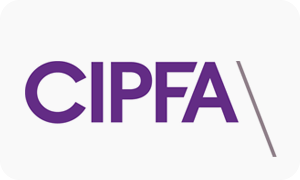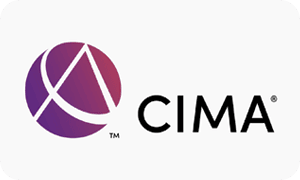Accounting and Finance and Computing
Accounting and Finance and Computing Code NG34 Attend an Open Day Attend an Open Day
Apply NowKey Facts
NG34-
UCAS Tariff
120 - 96
-
Course duration
3 years
Available for September start 2025
Further details on entry requirements
Apply NowThe BSc Accounting and Finance and Computing at Aberystwyth University is a joint honours degree that brings together the fundamentals of finance, and accounting whilst allowing you to further explore the interactions of organisations, employees and other stakeholders via their digital engagements. In addition to exploring software, hardware and computing techniques an emphasis of logical processes and their effective development and management is achieved; aligning your understanding of Accounting and Finance with the technological support of business operations.
The interaction of accounting and finance and computing is a highly dynamic and innovative environment and a focus of this degree is to broaden your contemporary knowledge of industry developments and the opportunities they create as they happen. You will explore concepts and theories in accounting, financial risk management as well as content and concepts enabling you to understand how technology can solve a wide range of problems such as creating and implementing algorithms; financial accounting; designing, implementing and evaluating software systems to analysing stock portfolios and operating financial markets.
Course Overview
Modules September start - 2025
Please note: The modules listed below are those currently intended for delivery during the next academic year and may be subject to change. They are included here to give an indication of how the course is structured.
| Module Name | Module Code | Credit Value |
|---|---|---|
| Accounting and Finance for Specialists | AB11220 | 20 |
| Data Analytics | AB15220 | 20 |
| Fundamentals of Accounting and Finance * | AB11120 | 20 |
| Fundamentals of Web Development | CS11010 | 10 |
| Information security * | CS11110 | 10 |
| Introduction to Computer Infrastructure | CS10220 | 20 |
| Introduction to Programming * | CS12020 | 20 |
| Module Name | Module Code | Credit Value |
|---|---|---|
| Programming for the Web | CS25320 | 20 |
| Software Engineering for the Web | CS22220 | 20 |
| Corporate Finance and Financial Markets | AB21420 | 20 |
| Intermediate Financial Accounting | AB21120 | 20 |
| Intermediate Management Accounting | AB21220 | 20 |
Options
| Module Name | Module Code | Credit Value |
|---|---|---|
| Modelling Persistent Data | CS27020 | 20 |
| Scientific Python | CS24520 | 20 |
| Web Design and the User Experience | CS22620 | 20 |
| Module Name | Module Code | Credit Value |
|---|---|---|
| Minor Project * | CS39620 | 20 |
| Advanced Financial Accounting | AB31120 | 20 |
| Advanced Management Accounting | AB31220 | 20 |
| Investments and Financial Instruments | AB31320 | 20 |
| Web-Based Major Project | CS39930 | 30 |
* Also available partially or entirely through the medium of Welsh
Careers
Teaching & Learning
Typical Entry Requirements
UCAS Tariff 120 - 96
A Levels BBB-CCC
GCSE requirements (minimum grade C/4):
English or Welsh, Mathematics
BTEC National Diploma:
DDM-MMM
International Baccalaureate:
30-26
European Baccalaureate:
75%-65% overall
English Language Requirements:
See our Undergraduate English Language Requirements for this course. Pre-sessional English Programmes are also available for students who do not meet our English Language Requirements.
Country Specific Entry Requirements:
International students whose qualification is not listed on this page, can check our Country Specific Entry Requirements for further information.
The University welcomes undergraduate applications from students studying the Access to Higher Education Diploma or T-level qualifications, provided that relevant subject content and learning outcomes are met. We are not able to accept Access to Higher Education Diplomas or T-levels as a general qualification for every undergraduate degree course.
Our inclusive admissions policy values breadth as well as depth of study. Applicants are selected on their own individual merits and offers can vary. If you would like to check the eligibility of your qualifications before submitting an application, please contact the Undergraduate Admissions Office for advice and guidance.



